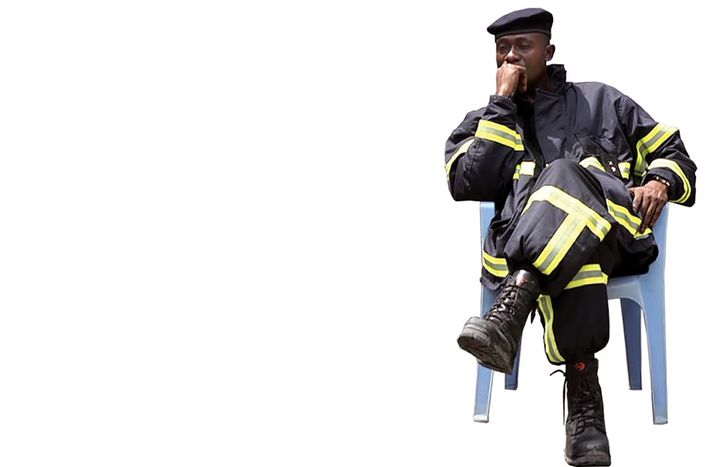
“Elephant's Dream” or the dream of all of us
Published on
From 17 January to 17 February 2015, the Congolisation Festival was held in Brussels, a non-accidental mix of words “Congo” and “Colonisation”, which had as a result the first edition of a multidisciplinary cultural event, presented by the non-profit association Skinfama, as an initiative of the artist Pitcho Womba Konga.
The aim of the Congolisation Festival was to put together Congo and its diaspora through the prism of art. The results are dancing performances, theater, literature and lectures, film sequences... All of them driven by emerging and established artists and showcased by many exceptional artistic venues in the city of Brussels, such as the Bozar, the Pianofabriek, the KVS and the National Theatre.
A poetic portrayal of Congo in transition
As part of the film events hosted by this festival was the film Elephant's Dream, a documentary directed by Kristof Bilsaen and produced in Flanders. Elephant’s Dream has been defined as “a poetic portrayal of Congo in transition, as seen through the eyes of three citizens of the metropolis Kinshasa”, at the International Documentary Film Festival of Amsterdam of 2014.
The Democratic Republic of Congo is a country characterized by harrowing stories of violence, rape, rebels, crime and wrongful deaths. In Elephant’s Dream, director Bilsaen takes us beyond these usual images and offers a compassionate insight into a country in transition, an empathetic look at a State in decline. He described the film as “neither fiction nor reality”.
An unseen side of Africa
It allows the audience to be witness to an un-common story about Africa, an unseen side of it. The documentary does not tell the reality in a harrowing and painful way, using images of cruelty or bloodshed. On the contrary, it shows for example how people have to wait such a long time just for the fire brigade to arrive, a letter to reach destination or a train to come to the station, in a country where the infrastructure is very poor. Everything is constructed around three locations: the post office, the train station and the fire station.
The passing of sequences is so slow in some parts that it can make you feel anxious because of the sense of nothing happening. A resigned fireman sitting in his chair says: “In France they say “save or die”. Here we say “save and not die”. Because a death man or a death woman can do nothing for their families, relatives or friends. Perhaps in France these martyrs would be treated as heroes but in Africa it is completely different. The common position of Africa framed by the West as the eternal underdog, not only in this concrete story but in the Universal History, is unfortunately still in force.
Why the Elephant's Dream is the dream of all of us?
The music is very striking from the beginning to end. Kinshasa looks like a developing city with a very hot climate, people wearing typical African dress. The landscape is very lush, green and leafy. A place where people watch life go by, sat doing nothing because nothing ever changes and Present is an endless repeat of the day before.
The dream of all of us is to see that things start to change and improve in Africa and this sense of nothingness due to the eternal transition in which they live turns into a more tangible context of change, moving with every step towards a more democratic future.



